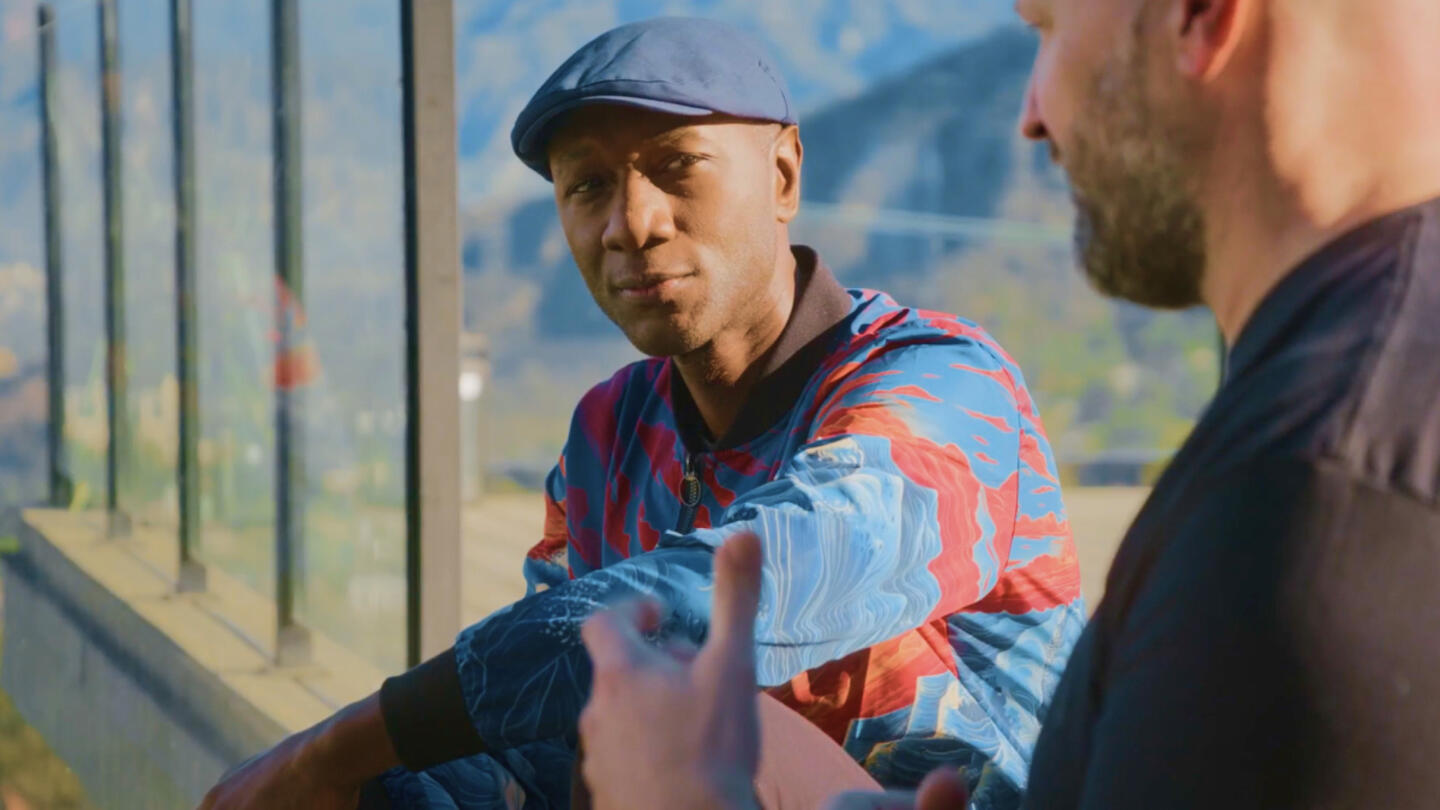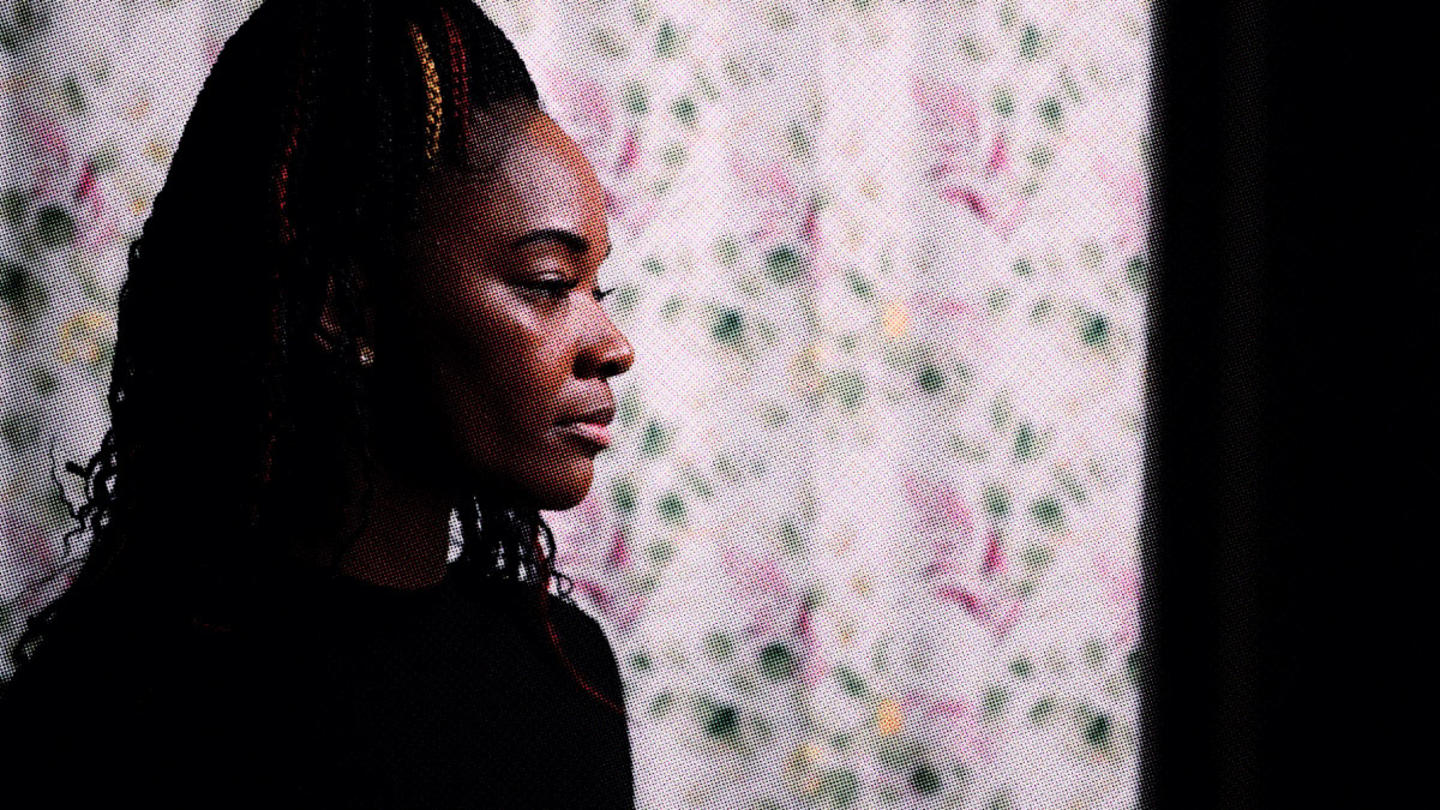Healing trauma is a lifelong task. Just ask Terrié, a survivor of human trafficking and drug addiction who is still processing all that she experienced.
"I never wished to become a prostitute," she says. "I never wished to sell my soul."
Terrié is a graduate of Thistle Farms, a Nashville-based nonprofit that provides a lifelong community of support for women who have experienced trauma. The women of Thistle Farms have a safe place to live as well as a sustainable and fulfilling job. They make and sell candles, hand soaps, jewelry, lotions, body balms, and more, empowering them to find their footing, learn new skills, and help each other grow.
According to Terrié, she didn't know how to love herself before finding Thistle Farms. Once she did, Terrié says, "something clicked."
"The women that are coming into Thistle Farms are suffering from some of the oldest scars humanity has ever dealt people, and the models that were out there were not working," says Becca Stevens, who founded Thistle Farms in 1997 and is an abuse survivor herself.
Stevens believes the secret to long-term recovery is found in empowerment. At Thistle Farms, women survivors spend two years transforming their lives. They have a place to live, a job, health care, and a community of support.
In short: They have what they need to heal.
"It doesn't make sense to me to invite women who have been on the streets since they were 15-years-old into a three-month program and think everything's gonna be fine by the end of that," says Stevens.
Thistle Farms builds confidence through financial independence
Traditional recovery programs focus on stopping certain behaviors. Thistle focuses on building women's confidence by empowering them with jobs and helping them become financially independent.
"Many of the women don't have anything on their resume except blank spaces and then time served," says Stevens. "Economic independence is a huge part of anyone's recovery."
Thistle Farms has provided hundreds of thousands of hours of work for individual women, helping them become self-sustaining, often for the first time in their lives.
"You're working full time," says Terrié, who graduated from Thistle Farms in 2022. "Your savings are good. You just kind of get to have your freedom."
Sign up for the Strong & Safe Communities newsletter for stories, ideas, and advice from changemakers working with their neighbors to address the biggest problems we face.
Thistle Farms is focused on long-term healing
A survivor of sexual trauma herself, Stevens knows what recovery takes.
She also knows that women don't choose to live on the streets. They don't choose to experience trafficking, addiction, or incarceration. Those circumstances oftentimes follow deep personal trauma, and that's where the healing has to begin.
"In high school, I kept saying, 'I wonder who's gonna be on drugs,'" says Terrié. "It ended up being me."
Stevens explains: "Sometimes, people wonder how people made the choices that led them to where they are in life. I think it's better to say, 'If that was the choice somebody made, what were their options? What trauma did you experience in your life where that was the choice that you made?'"
"I was, you know, molested as a child," says Terrié. "That changed some things with me. I was damaged, and those drugs turned me into a monster." Her rock bottom was when she lost custody of her children.
As a young Episcopal minister, Stevens wanted to help women like Terrié, but she wanted her program to be different.
"When we opened the first house in 1997, I knew I wanted three important components of the program. I wanted it to be free. I wanted it to be two years so people had long enough to heal, and I wanted there to be no authority in the house."
"Everybody has a story," says Stevens. "Everybody has a right to be here."
At Thistle Farms, women are lifted and empowered by their community
"The thing that I think makes Thistle Farms really special is the community," says Stevens. "Instead of thinking of it as a series of programs, think of it as a circle where women come together to take our rightful place as healers in the community."
Terrié has felt that healing power. She now works full time for Thistle Farms welcoming other women into the circle. "These women, the women that come behind me, is what makes me go even harder," she says. "Watching the same woman that came in broken like me find her way home."
The most rewarding part for Terrié: She recently got her kids back.
"You know, we've grown into the largest justice enterprise run by women survivors in the country," Stevens says with pride. "The idea is that people are empowered. Let people be the hero of their own stories."
Thistle Farms is sharing its model with organizations around the country and the world. Together, they have already helped empower and employ 1,400 women.
"I think Thistle Farms is proving we are scalable and sustainable," says Stevens.
"I'd love for people to remember that they are part of this story, that we are part of the places where our communities have broken down, and we are part of the places where our community comes back together," says Stevens. "This isn't a story about someone else. It's a story about us. This is our story."
***
Thistle Farms is supported by Stand Together Foundation, which partners with the nation's most transformative nonprofits to break the cycle of poverty.
Learn more about Stand Together’s efforts to build strong and safe communities and explore ways you can partner with us.

At this ‘resort,’ children with intellectual disabilities are seen as gifts to be celebrated and loved.

Veterans experience loss when leaving service. Could this be key to understanding their mental health?

The Grammy-nominated artist is highlighting the stories we don’t get to hear every day.

With his latest project, Blacc isn’t just amplifying stories — he’s stepping into them
